In the Week of Prayer for Christian Unity our article brings together the last of BRF founder Leslie Mannering’s three ‘essentials’ of faith – Communion – with the closely related theme of community. It’s an edited extract from Simon Reed’s classic BRF title, Creating Community.
22 January 2023
Deepening connection
In his introduction to Creating Community, Simon Reed writes: ‘I’m a church leader and my goal is to help people deepen their connection with God and each other, and connect God with the whole of life.’ Simon’s goal is remarkably similar to BRF founder Leslie Mannering’s goal of helping his congregation to ‘get a move on spiritually.’ Leslie’s prescription was to concentrate on three ‘essentials’ of faith: Bible reading, prayer and Communion.
His focus on Communion was in part sacramental, but it was also about getting people together and deepening their sense of unity, connection, fellowship and discipleship. Communion, with a capital C, or Holy Communion, is a sacrament involving consecrated bread and wine. The Latin root of communion is ‘communionem’, meaning ‘fellowship, mutual participation, or sharing.’
Simon’s prescription for deepening unity, connection and discipleship also has three ‘essentials’, drawn from Britain’s Celtic past.
Our Celtic roots
I’ve tried lots of different ways of doing it, but I’m always on the lookout for better tools to use in making disciples and creating community. For more than ten years I’ve drawn inspiration from Celtic spirituality through my membership of the international Community of Aidan and Hilda, and it’s from this contemporary expression of Britain’s spiritual roots that I’ve gained the insights I want to share.
As I’ve explored the Celtic roots of the Christian faith in the British Isles in community with others who are inspired by our spiritual ancestors, I’ve realised that the third-millennium church has much in common with the first-millennium church and, more importantly, much to learn from it.
‘The third-millennium church has much in common with the first-millennium church and, more importantly, much to learn from it.’
I want to introduce you to a new but very old way of being church which is based upon a way of life, a rhythm of prayer and a network of soul friends. These are the building blocks of what many are now calling a ‘new monastic’ spirituality. I believe that their rediscovery offers a vital key which opens up an ancient way for modern churches, one which makes grown-up Christians and creates genuine and lasting community.
The longing for community
We live in an increasingly individualistic and fragmented culture but there is still a longing for community, even if we’re not sure what it is. It’s easy to criticise social networking though the internet, but we must not overlook the underlying desire and need to connect with one another, which is as strong as ever.
The international Community of Aidan and Hilda is a dispersed and cross-denominational network of Christians who draw inspiration from the Celtic expression of Christianity which flourished in the British Isles in the first millennium. The Community of Aidan and Hilda isn’t a church but, as I thought about it, I realised that what I had learned and experienced as a member of this community seemed to hold the key to unlocking answers to our big question – creating genuine and lasting community and mature Christian disciples. Drawing on the ancient wisdom of the Celtic Christians and recasting it for the 21st century, I began to see practical ways of achieving these two vital goals.
Many things drew me to this community. One feature of the church in Britain in the fourth to eighth centuries was that it held together many of the strands of Christianity which today have become separated. The ‘Celtic church’ had an Evangelical emphasis upon the scriptures and upon mission, a Catholic sense of the importance of incarnation and sacrament, a Pentecostal-charismatic experience of the work of the Holy Spirit, and an Orthodox vision of God as Trinity.
‘The church in Britain in the fourth to eighth centuries held together many of the strands of Christianity which today have become separated.’
My own journey of faith showed me that there was far more to God, his people and his mission on earth than the particular Christian stream labelled ‘renewal’ seemed able to express, and I was drawn to a community which seemed to be able to hold it all together.
Three core elements
Three core elements bind this community powerfully together.
- First, there is the way of life, which in those days would have been called a Rule – a set of practices which everyone would have followed according to their particular level of commitment, designed to help them to follow the path of Christ and take on his character in day-to-day living.
- Second, there is the rhythm of prayer, the simple patterns of worship, intercession and Bible reading which punctuate the day and enable everyone consciously to connect with God and remember that every hour belongs to him.
- Third, there is the practice of soul friendship. Every member of the community has a Christian brother or sister whose task is to accompany them on their spiritual journey, listening to them and offering encouraging prayer and compassionate counsel.
A better plan
I began with the questions that seem to be confronting Christians and churches everywhere. How do we create, maintain and deepen a genuine and lasting community, and how do we create mature adult disciples of Jesus Christ? Many of our existing church structures and practices do not appear to answer these questions effectively, and those that do seem only to work in particular situations and not for everyone. We need something better.
All over the world, small groups, sometimes identified by the label of ‘new monasticism’, are going back to the roots of the faith and finding new ways to grow. Belonging to a dispersed Christian community – the Community of Aidan and Hilda, which identifies closely with this movement – I have discovered just how much the first-millennium church in the British Isles has to teach the third-millennium church.
We struggle to turn congregations into communities; they started with communities that gathered congregations around themselves. What sustained these communities and held them together was not their common life or the many and various ministries and activities that flowed out from them, but rather the above-mentioned three deeply seated values and practices – the way of life, rhythm of prayer and soul friendship – common to them all.
The result of practising these three things, as I have discovered over the last ten years, is to be part of a people who have a deepening connection with God and one another, and who are connecting God more and more with every part of their lives. That is what real Christianity is all about.
‘The result of practising these things is to be part of a people who have a deepening connection with God and one another.’
If by these means we end up knowing God better, and finding more of God at work in our lives, that alone must be worth pursuing.
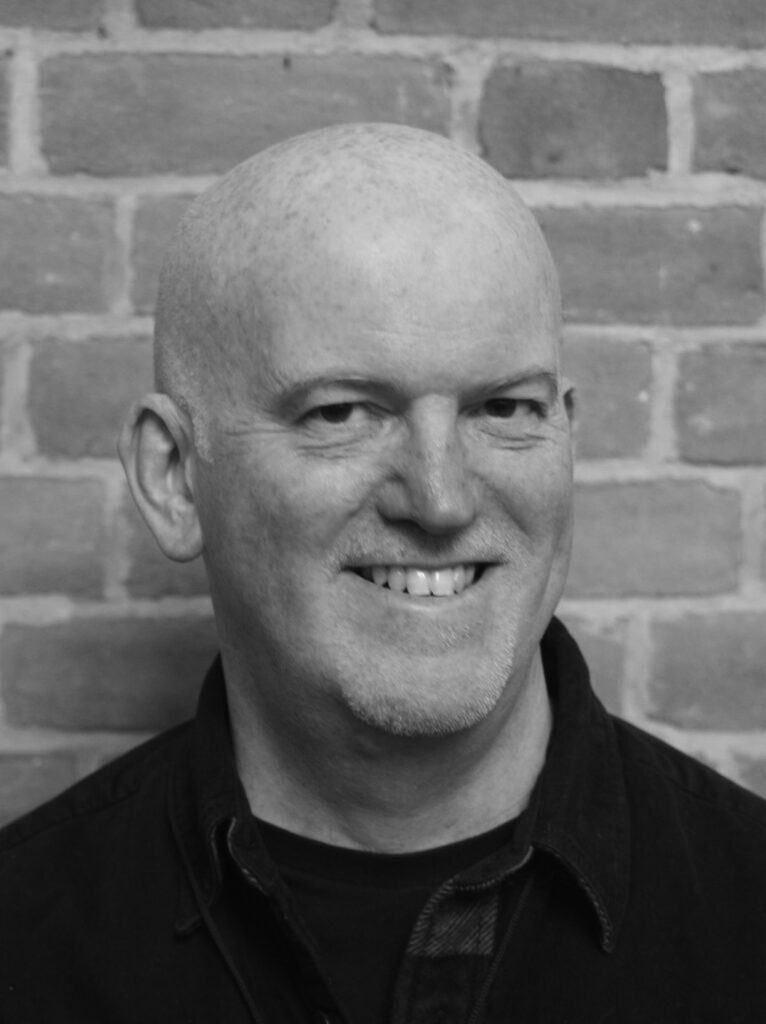
Simon Reed is an Anglican minister with two churches in Ealing, London. He is also one of the three Guardians of the Community of Aidan and Hilda, an international and cross-denominational network of Christians who draw inspiration from Celtic spirituality for the renewal of today’s church. His first book for BRF, Creating Community, showed how today’s churches can become living communities.
Exploring Celtic Christianity and the monastic tradition
If you’re interested to explore Simon Reed’s ideas and recommendations further, we have a wide range of titles on both Celtic Christianity and the monastic tradition.
Titles that may be of interest include…
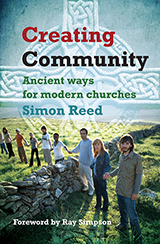
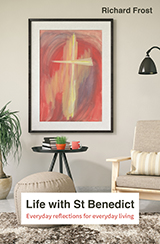
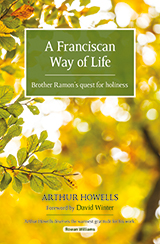
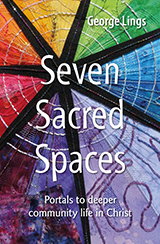

The BRF community
A huge part of what BRF is about is building and deepening relationships and creating vibrant, life-giving networks. There are a number of ways you can get more involved in the BRF community.
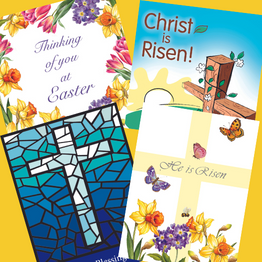
Easter and everyday cards
Our range of beautiful Easter cards, from traditional to contemporary is available to order now. We also have a selection of Everyday cards for all occasions. Every pack of cards sold helps support BRF and its ministries. Thank you!
